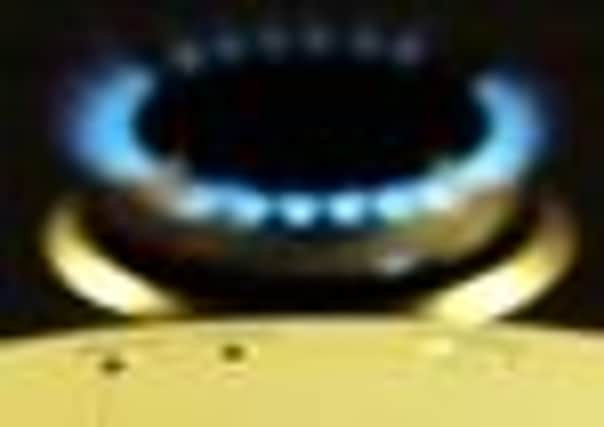Energy bills will rise £12 a year to pay for network upgrade


The regulator’s final recommendations will allow companies such as National Grid to spend a total of £24.2 billion on upgrading ageing electricity and gas grids, including the laying of new undersea cables linking Scotland with England and Wales.
A further £7bn is expected to be spent on connecting 80,000 households to the gas network for the first time, whilst ensuring the gas networks to homes and businesses remain safe and reliable. National Grid yesterday said it was reviewing the “lengthy and wide-ranging” plans.
Advertisement
Hide AdAdvertisement
Hide AdThese latest fuel price hikes came as Consumer Focus Scotland yesterday revealed that 37 per cent of Scottish householders are struggling to pay fuel bills – the highest percentage ever recorded. In a major survey of more than 1,000 households across Scotland, the watchdog also found that 12 per cent of households in Scotland cut back on food shopping in winter to save money for energy bills, whilst 35 per cent of Scots worry more about fuel bills than council tax payments.
The average council tax bill in Scotland is currently £985, while the average annual fuel bill is £1,264 for dual fuel direct debit customers, and £1,355 for cash and cheque customers.
Trisha McAuley, deputy director at Consumer Focus Scotland, said: “It’s just the start of a long cold winter and people are telling us that they will struggle to keep themselves or their family warm and they are less able to put food on the table.
“Consumers cannot keep up with rocketing fuel bills, and the cost is drastically changing people’s lives. This should be a wake-up call that the needs of customers need to be, first and foremost, at the heart of essential energy services.”
Ofgem’s proposal is the latest in a string of energy price hikes which will leave Scots feeling the pinch into the new year.
In October, Scottish Gas announced fuel bill increases of 7 per cent, a move that went ahead on 3 December, despite the company announcing a 5 per cent gas price cut in February.
Households on prepayment meters, often those with financial difficulties, felt the increase even more as prices rose by 8.6 per cent. Prepayment meters have greater running costs for energy firms, and Scottish Gas had claimed that the reason behind its price increases was the added costs of transporting gas and electricity to Scotland’s homes. The price of energy efficiency programmes is also believed to have risen.
Npower increased the price of gas by an average of 8.8 per cent and electricity by 9.1 per cent from 26 November.
The Fuel Poverty Advisory Group has warned that 300,000 more UK households could be in fuel poverty by Christmas.